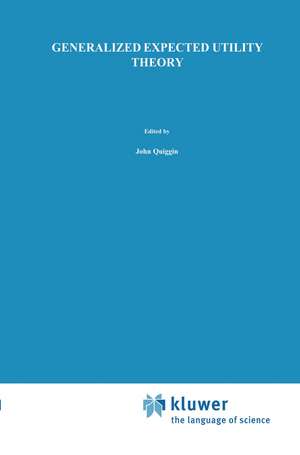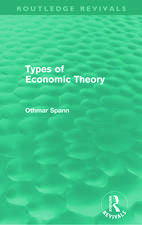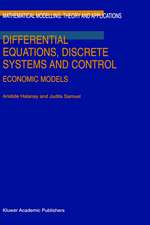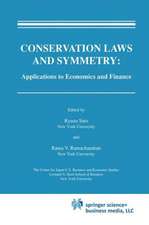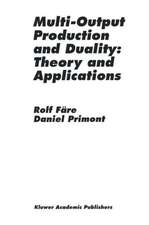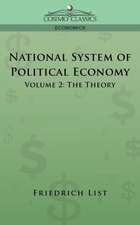Generalized Expected Utility Theory: The Rank-Dependent Model
Autor John Quigginen Limba Engleză Paperback – 27 sep 2012
Generalized expected utility is now a flourishing subfield of economics, with dozens of competing models and considerable literature exploring their theoretical properties and comparing their empirical performance. But the EU model remains the principal tool for the analysis of choice under uncertainty. There is a view that generalized models are too difficult to handle or incapable of generating sharp results. This creates a need to show that the new models can be used in the kinds of economic analysis for which EU has been used, and that they can yield new and interesting results.
This book meets this need by describing one of the most popular generalized models -- the rank-dependent expected utility model (RDEU), also known as anticipated utility, EU with rank-dependent preferences, the dual theory of choice under uncertainty, and simply as rank-dependent utility. As the many names indicate, the model has been approached in many ways by many scientists and for this reason, consideration of a single model sheds light on many of the concerns that have motivated the development of generalized utility models.
The popularity of the RDEU model rests on its simplicity and tractability. The standard tools of analysis developed for EU theory may be applied to the RDEU model, but since RDEU admits behavior inconsistent with EU, thefield of potential applications is widened. As such, the RDEU model is not as much a competitor to EU as an extension based on less restrictive assumptions.
| Toate formatele și edițiile | Preț | Express |
|---|---|---|
| Paperback (1) | 941.05 lei 6-8 săpt. | |
| SPRINGER NETHERLANDS – 27 sep 2012 | 941.05 lei 6-8 săpt. | |
| Hardback (1) | 947.67 lei 6-8 săpt. | |
| SPRINGER NETHERLANDS – 31 dec 1992 | 947.67 lei 6-8 săpt. |
Preț: 941.05 lei
Preț vechi: 1147.63 lei
-18% Nou
Puncte Express: 1412
Preț estimativ în valută:
180.07€ • 188.51$ • 148.100£
180.07€ • 188.51$ • 148.100£
Carte tipărită la comandă
Livrare economică 07-21 aprilie
Preluare comenzi: 021 569.72.76
Specificații
ISBN-13: 9789401049665
ISBN-10: 9401049661
Pagini: 224
Ilustrații: XII, 208 p.
Dimensiuni: 155 x 235 x 12 mm
Greutate: 0.32 kg
Ediția:Softcover reprint of the original 1st ed. 1993
Editura: SPRINGER NETHERLANDS
Colecția Springer
Locul publicării:Dordrecht, Netherlands
ISBN-10: 9401049661
Pagini: 224
Ilustrații: XII, 208 p.
Dimensiuni: 155 x 235 x 12 mm
Greutate: 0.32 kg
Ediția:Softcover reprint of the original 1st ed. 1993
Editura: SPRINGER NETHERLANDS
Colecția Springer
Locul publicării:Dordrecht, Netherlands
Public țintă
ResearchCuprins
1 Uncertainty.- 2 Background.- 3 EU Theory.- 4 The Challenge to EU Theory.- 5 Rank-Dependent Expected Utility - An Outline.- 6 Risk Aversion in RDEU Theory.- 7 Comparative Statics for RDEU Theory.- 8 Risk Seeking and Lottery Design.- 9 Some Normative Properties of RDEU.- 10 RDEU and Experimental Evidence.- 11 Axiomatic Approaches to RDEU.- 12 Generalized Smooth Utility and RDEU.- 13 Stochastic Dominance and Independence Rules.- 14 Extensions.- References.- Index of Names.- Topic Index.
